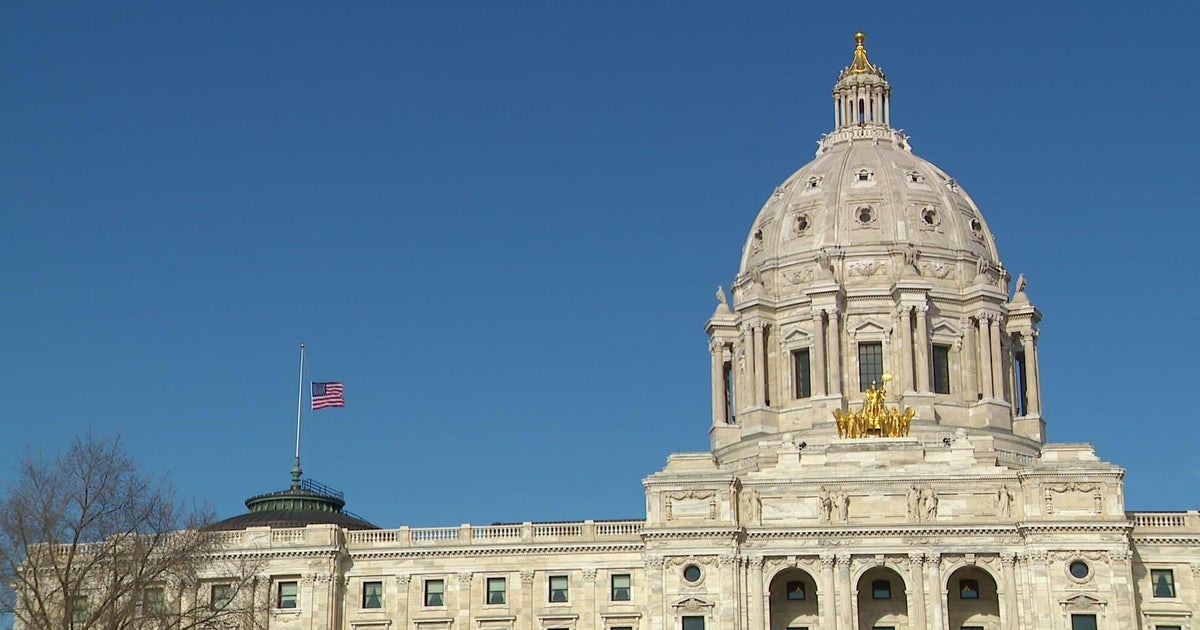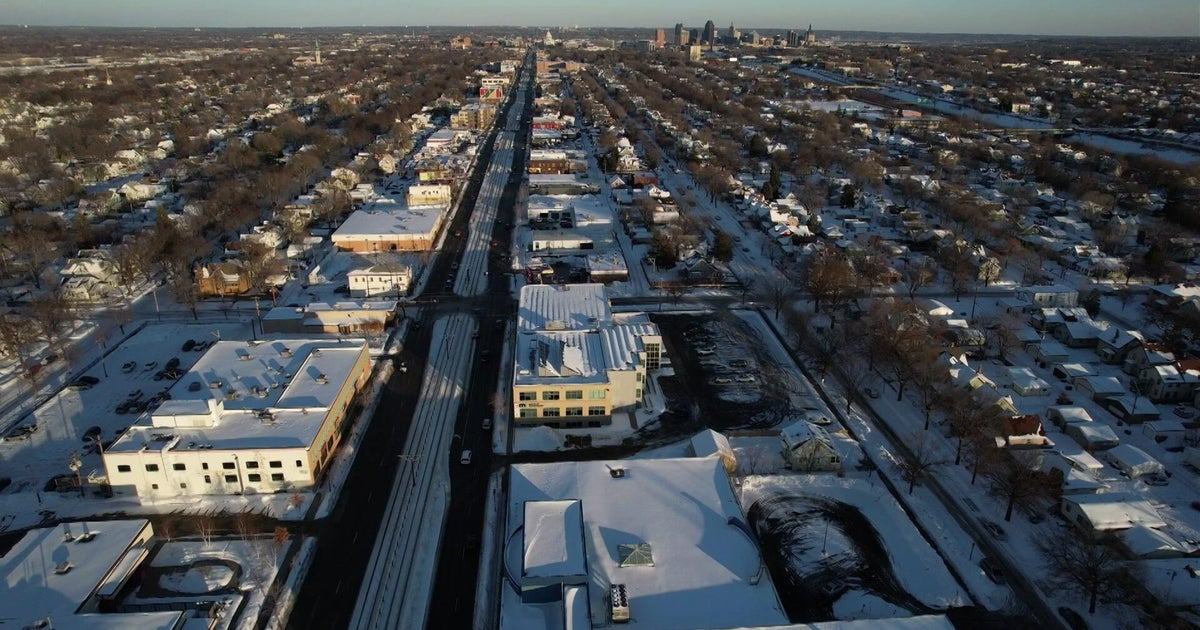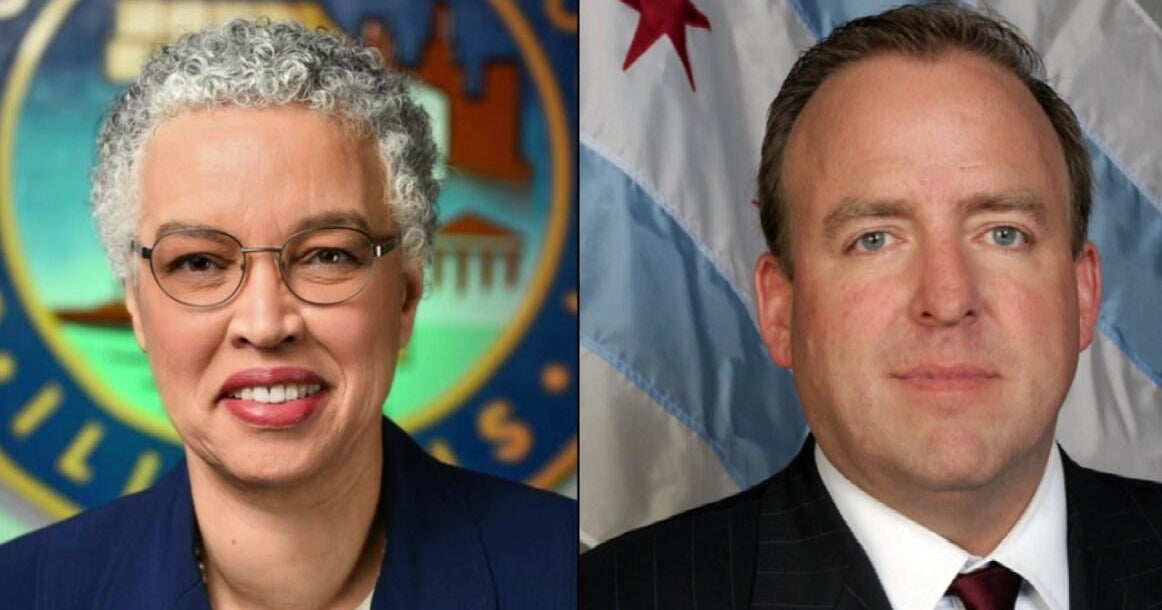Election Clears Path For Minn. Health Exchange
ST. PAUL, Minn. (AP) — Republican lawmakers who refused to help Gov. Mark Dayton develop Minnesota's online health insurance marketplace while they hoped for a changing of the guard in Washington will now be on the sidelines while Democrats move ahead.
Tuesday's results confirmed the federal health care law is here to stay. And with the Democrats winning control of the Minnesota Legislature, Dayton can continue moving forward with creating the state's health care exchange, a key requirement of the law.
Democrats overturned GOP majorities in both legislative chambers, 10 days before the state faces a progress check to show the federal government Minnesota's health insurance exchange will be ready to go live next October. The Democratic sweep gives Dayton — who has embraced the health care law and taken every chance for Minnesota to participate — a clear path toward implementing the exchange and other requirements of the law.
"We're going to move ahead," said Rep. Tom Huntley, the lead Democrat on the House Health and Human Services Finance Committee. "We've got a long history in this state of doing very cost-effective health care."
Minnesota is among a handful of states expected to have its own exchange in 2014. States that aren't going that route are expected to get a less customized federal exchange under the health care law.
Dayton has gotten $71 million in federal grants to develop Minnesota's exchange and appointed a task force to focus on it. The state is spending $41 million on an information technology contract to build the exchange. About a dozen state employees are working on the effort.
Legislation to be written by Huntley and his Democratic-Farmer-Labor colleagues will shape basic decisions about the exchange, such as how the state will come up with $40 million to $60 million a year to run it when the federal funding for it disappears in 2015. The federal government is slated to pay $20 million to $40 million to operate the exchange in 2014. Minnesota lawmakers also are expected to determine whether state government or some other entity will run the exchange.
Democrats will probably have competing visions of how to shape the exchange, with some embracing a more sweeping approach to health care and others focused on more prosaic details, said Kate Johansen, health policy manager for the Minnesota Chamber of Commerce who serves on a state work group for the exchange's finances.
"The old conflict was Republicans are preventing legislation," she said. "Now the argument is, 'What legislation are we going to have?'"
Lawmakers won't have much time for those debates between the start of the legislative session in January and a March 31 deadline for a federal report that will determine whether Minnesota will get the ok to implement its own exchange.
Another issue that the state and federal governments have yet to resolve is exactly what health care services and procedures the plans sold through the state-created marketplace are required to offer. Until that question is answered, Jacobsen said it's difficult for health care plans to develop insurance products to sell on the exchange.
The exchange is envisioned as a Travelocity-like website where more than a million state residents will compare and buy health insurance plans, using subsidies if they qualify. It will also serve businesses.
(© Copyright 2012 The Associated Press. All Rights Reserved. This material may not be published, broadcast, rewritten or redistributed.)







